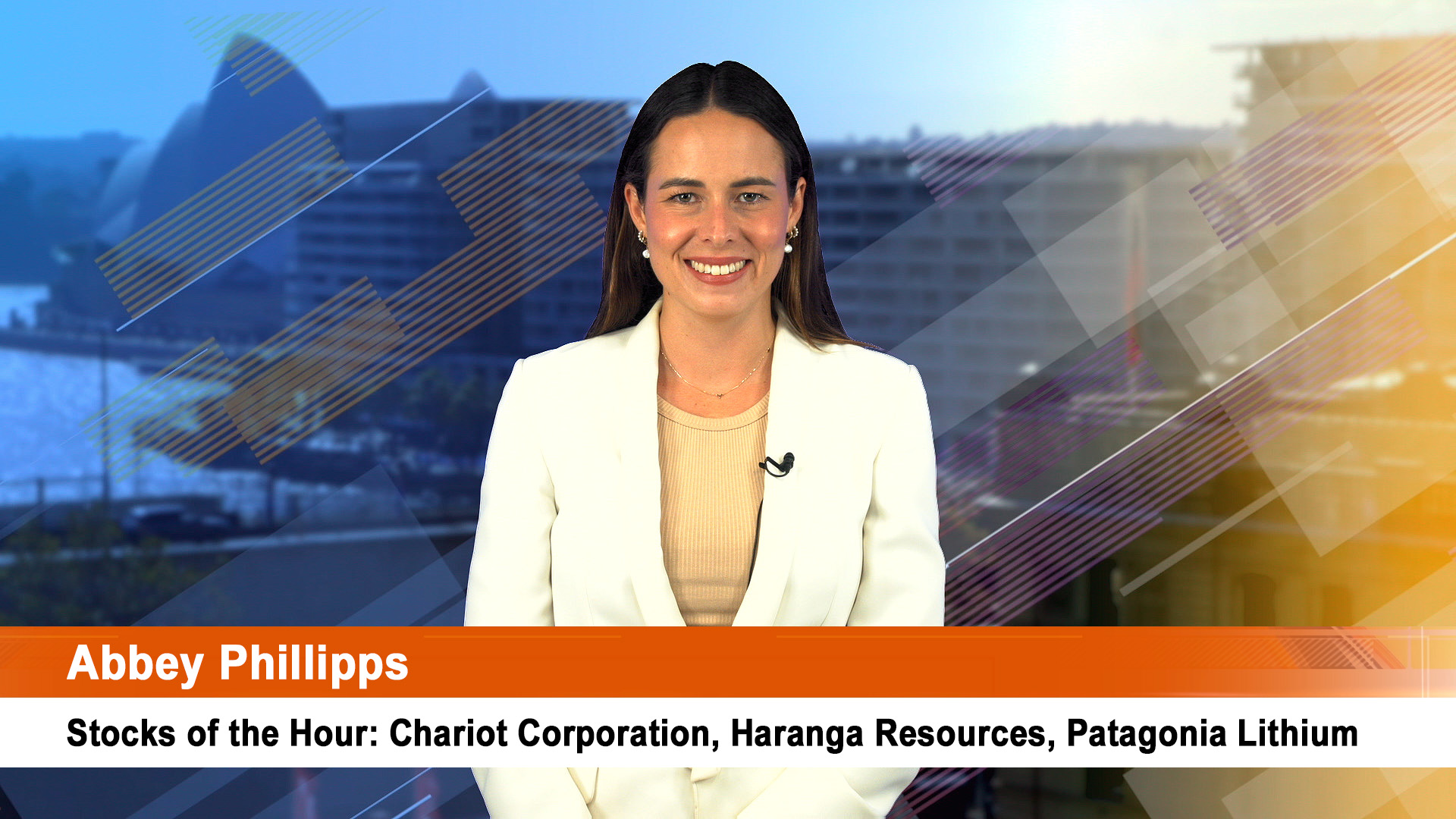You sometimes can’t pick a troubled market.
On a day when the major indices were down 2%, and stocks across the board were weak to poor (for resource based issues), AXA Asia Pacific came out with a 75% drop in interim earnings; enough you’d think to stampede the day traders into a sell down.
But it would seem that was a good result in the eyes of many in the market. Some had been expecting worse, so the shares staged their best rebound for five months or so.
With returns from its Australian investments falling $300 million or so from the first half profit last year, the underlying performance was solid and supports the idea that it’s the fee clippers that make money in downturns, not the investors in all those managed funds.
Investors looked through the sharp fall in the value of the group’s investments across Asia and liked the 11% rise operating earnings because of higher sales in Hong Kong.
AXA said that operating earnings, which excludes managed funds, rose to $295 million for the six months to June 30, from $266 million in the front half of calendar 2007. (According to Axa, operating earnings is the function of funds inflow, profit margin, fee income and cost management).
Axa’s shares jumped more than 8% to $4.61, cutting the slide so far in 2008 to around 38%.

Local insurance stocks have slumped this year because of high claims from bad weather for general insurers, and the impact of the credit crunch and global market sell down on all groups and their investment funds and returns.
Overall net income fell 75% in the first half to $94.2 million as inflows into its managed funds slowed.
The company reported a loss of $230 million from its investments, a sharp near $300 million drop from the $67 million profit earned in the June quarter of 2007.
Funds under management dropped 13% in the half as the overall market shed 18%-20% of value here.
CEO Andy Penn said in a statement that "It is very difficult to predict how the current market will play out and the full extent of its impact on the economy."It will continue to be difficult for all of us in our industry.”
Operating profit from Axa’s Hong Kong business rose 8.3% to $134 million as the company benefited from the Mandatory Provident Fund, the compulsory pension savings plan that covers about two- thirds of the territory’s workers.
Revenue from premiums rose 10% from the previous half following the company’s purchase of Winterthur’s Hong Kong life insurance unit a year ago. New business in the territory increased 16 percent, it said.
Operating earnings from Australia and New Zealand rose 15% to $163.9 million, but inflows from Australia’s wealth management business were down 18% in the latest half from the previous year, while New Zealand lost 18%.
In Hong Kong, funds under management dropped 4% as the local market fell 20% as well in the first half.
But Axa does have a problem in New Zealand, along with the rest of the managed funds business, and financiers
The finance sector has been hammered by the collapse or impending failure of 23 companies and groups, worth some 5% of the country’s financial sector, and those, mostly property related problems have ensnared the likes of the AMP and AXA.
AXA New Zealand this week became the fifth investment manager in as many months to suspend a mortgage-backed security.
Late Monday AXA announced it had suspended redemptions by institutional investors from its Mortgage Backed Bonds fund. The fund had around $NZ230 million in it. The suspension is for three months.
At this stage small investors are exempt, but if redemptions by smaller investors increase dramatically the suspension might have to extend to them, the fund manager said.
AXA follows AMP, Guardian Trust, Canterbury Mortgage Trust, Totara First Mortgage fund and Tower in putting a stop to investors withdrawing funds from mortgage-backed investments.
The Axa suspension applies to investors with a million or more dollars in the fund: that accounts for some $NZ117 million.













